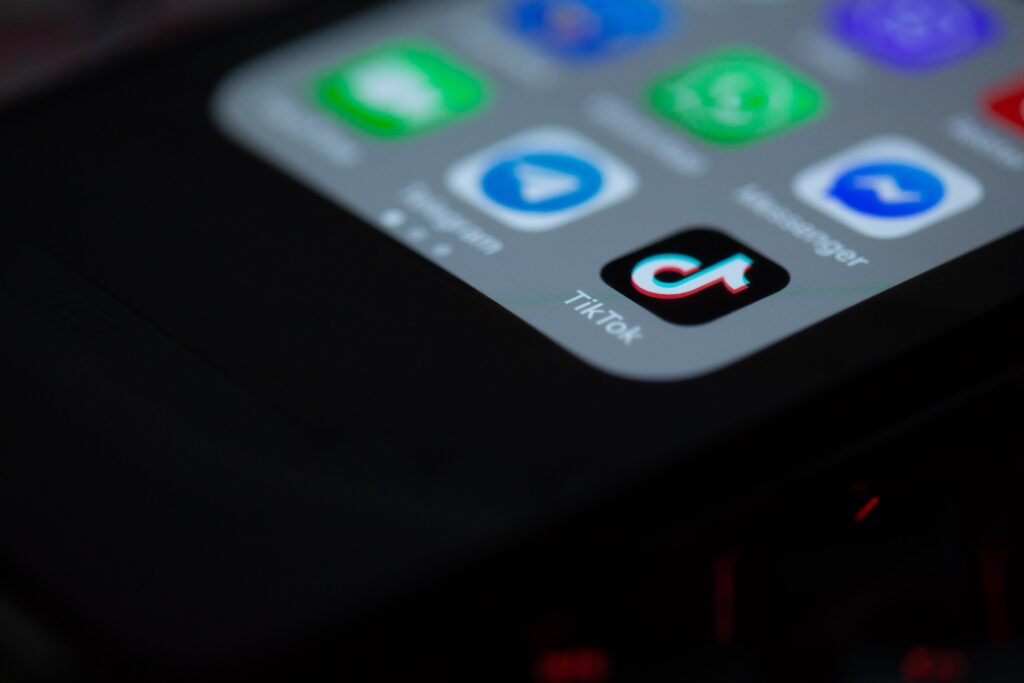TikTok: Why Limit Screen Time?
Since the app’s conception, TikTok has faced immense scrutiny regarding matters of national security, online privacy, and mental health. Several American government agencies and tax-funded institutions, such as public universities, have even terminated access to the app on their wireless networks. On March 1, 2023, TikTok issued a rollout of new features for all users on the app.
New Regulations
Among this new set of guidelines, the app announced that “every account belonging to [people] below age 18 will automatically be set to a 60-minute daily screen time limit.” After spending an hour on the app, these individuals will need to enter a passcode in order to continue browsing the site. For those 13 and below, however, the passcode must be inputted by a parent or guardian to grant them an additional half an hour on TikTok. Moreover, the app added new features to its “Family Pairing” function, “which allows parents and teens to customize their safety settings based on individual needs.” These provide parents with the ability to customize their child’s daily screen time limit, utilize a screen time dashboard to view a summary of their kid’s app usage history, and mute notifications on children’s accounts.
Young People and Mental Health
These changes are attributed to the company taking a greater interest in social media’s negative impact on teenagers’ mental health. The app has faced harsh criticism regarding this issue, “with depression rates surging and a third of teen girls reporting considering suicide in 2021.” Eating disorders along with reports of anxiety have also increased in younger generations with the rise of social media serving as one of the primary causes.
In order to decide on appropriate screen time limits, TikTok consulted the Digital Wellness Lab at Boston Children’s Hospital. Although the brand determined that there was no “ideal” amount of screen time, TikTok still needed to take action, thus settling on the daily hour usage limit. Reflecting on the mental health crisis surrounding teenagers, TikTok’s Head of Trust and Safety Cormac Keenan maintained that “digital experiences should bring joy and play a positive role in how people express themselves, discover ideas, and connect.” Time on social media platforms should not lead to lasting detrimental effects on a person’s well-being.
Security Concerns and Chinese Involvement
In addition to concerns regarding negative effects on teenagers’ mental health, US officials have expressed apprehension about the possibility of TikTok providing the Chinese government with sensitive data on American users. This platform is owned by the Chinese technology and entertainment internet company ByteDance. TikTok offices are found within the US as well as abroad, however, “Chinese national security laws can compel foreign and domestic firms operating within the country to share their data with the government,” as reported by NPR. In response to this matter, the White House has also issued a mandate requiring federal agencies to delete the app from government devices within the next 30 days.
Why Self-Regulate?
One could argue that TikTok’s new screen time guidelines were designed to quell such security and online safety concerns presented by alarmed users and American lawmakers. In the future, however, TikTok must take additional strides to continue addressing these problems and pacifying the apprehensive public.
If you enjoyed this article, you will enjoy: 5 Reasons Why TikTok Will Be Banned










